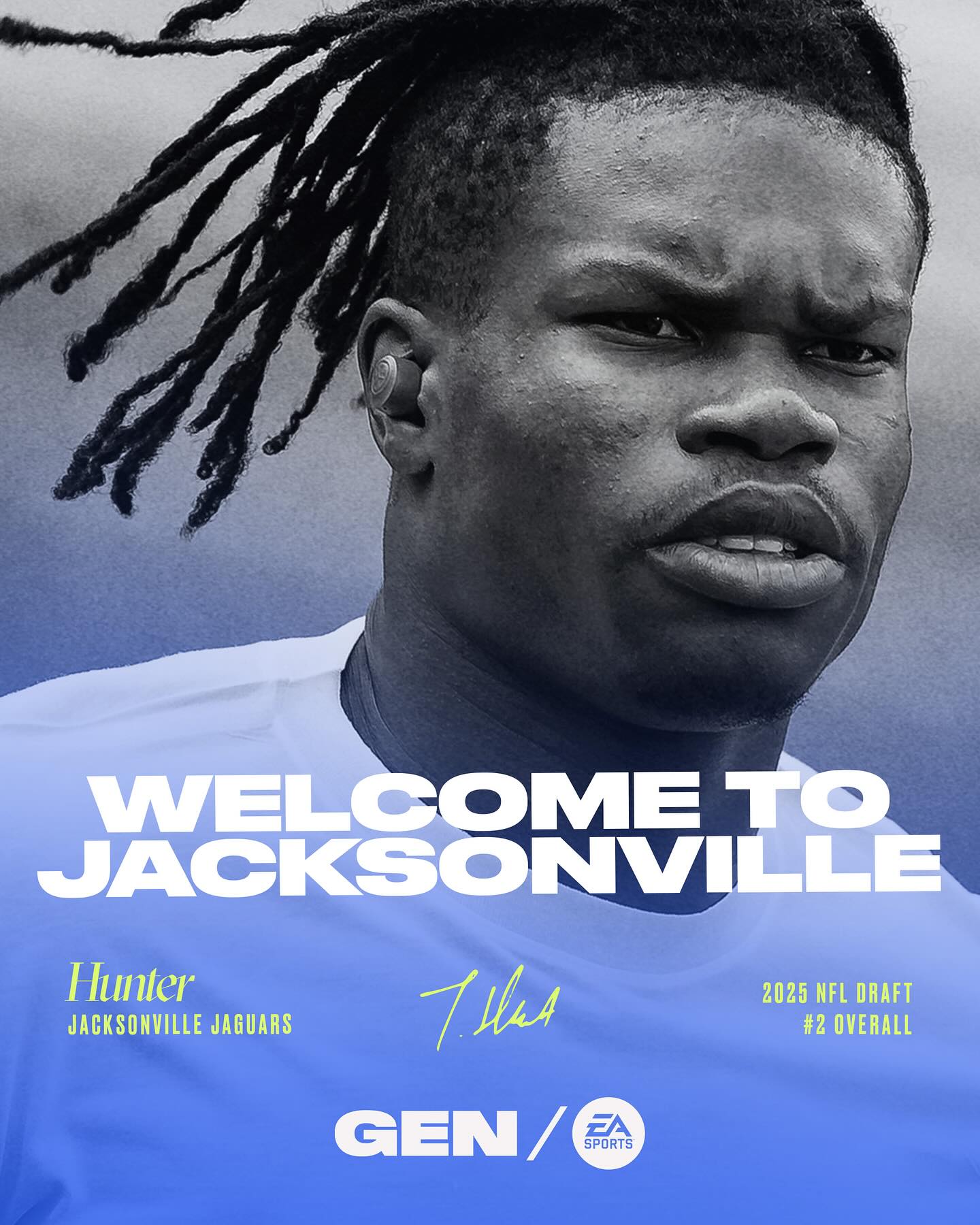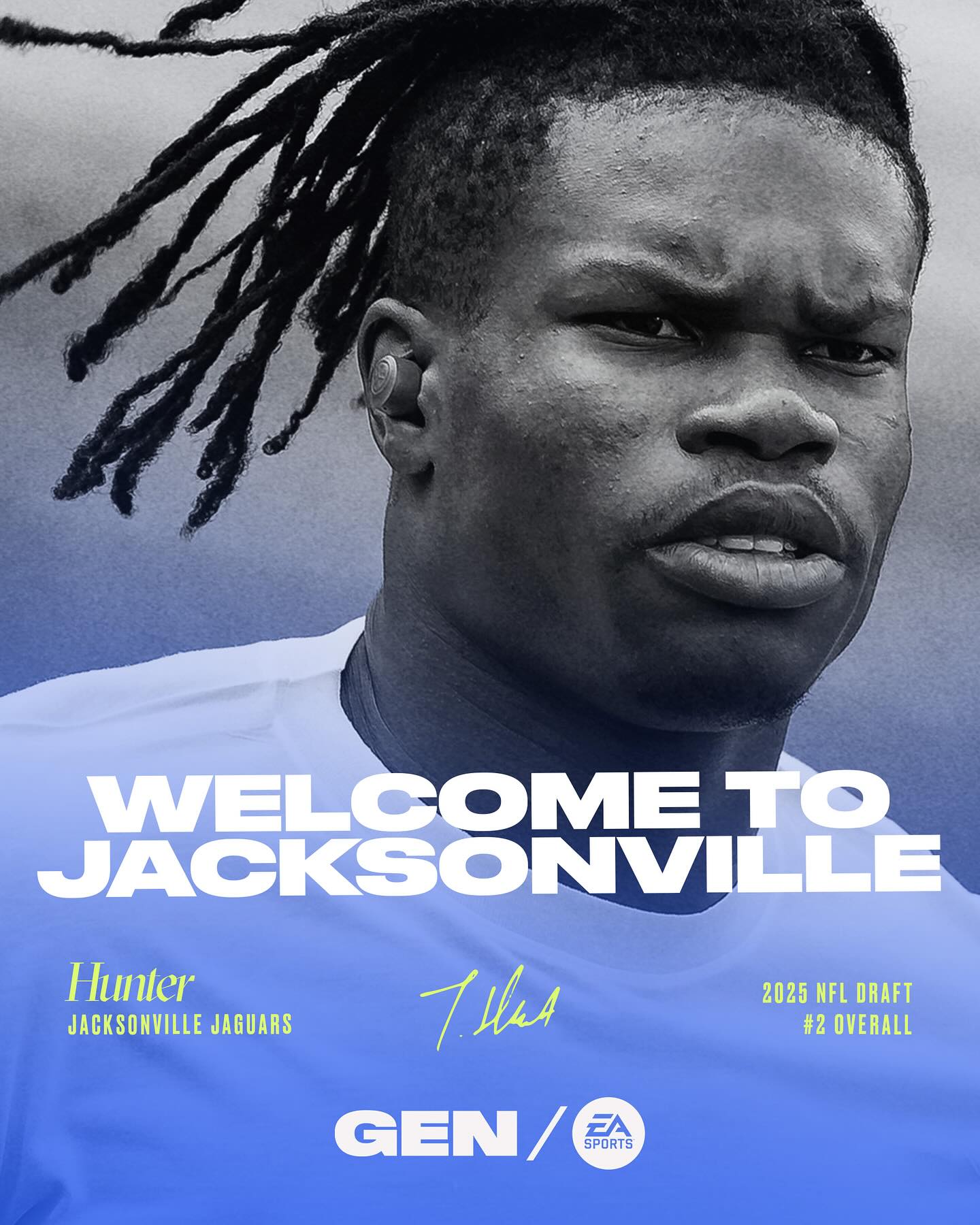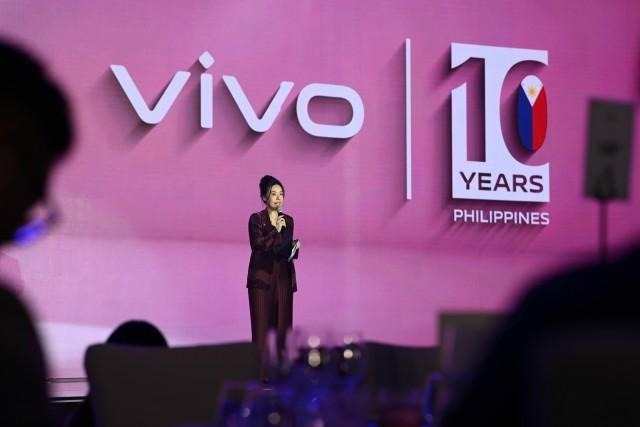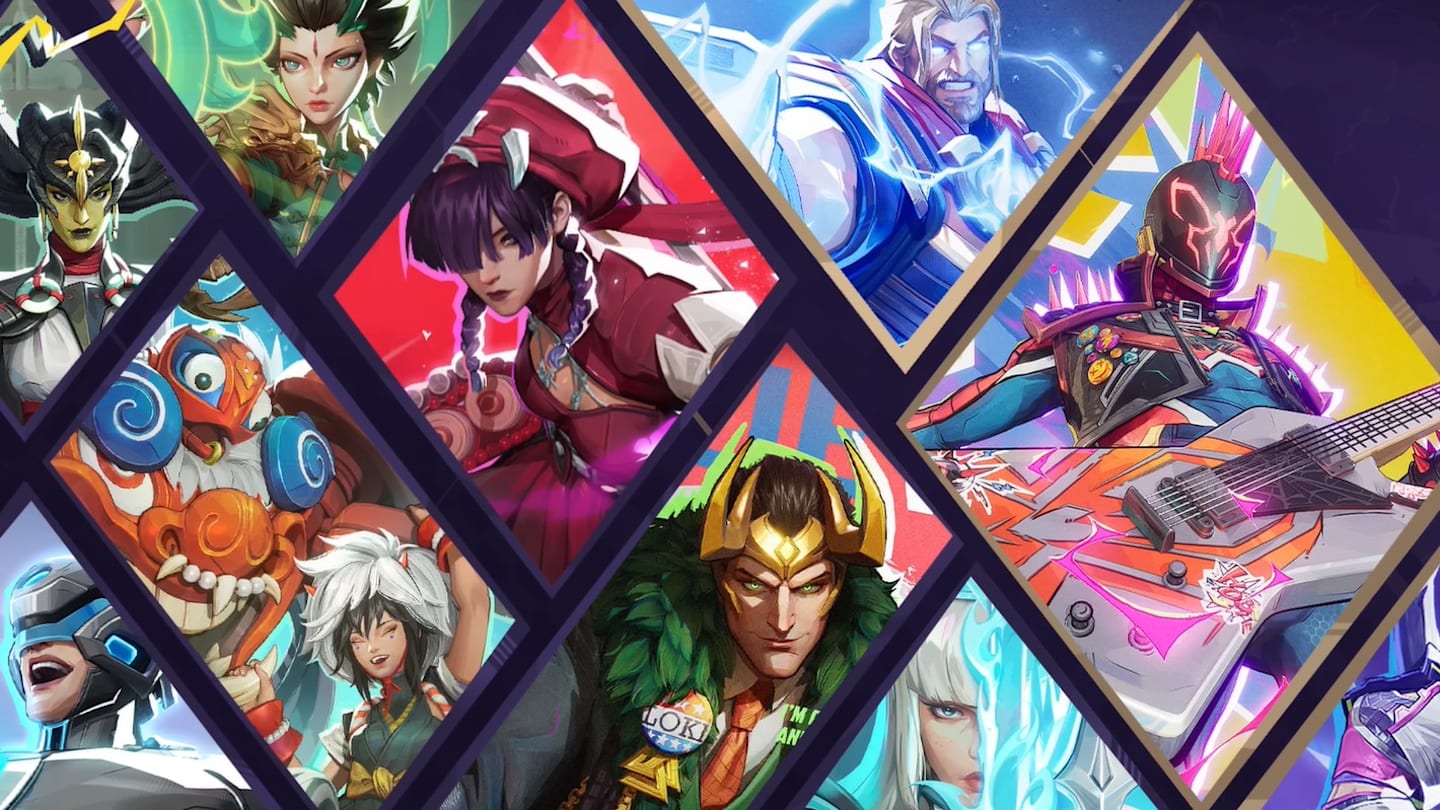On the list of most all-time high school sports state championships, no program is close to catching all-time leader Punahou (Honolulu, Hawaii).
Punahou has 554 state championships, beating out No. 2 on the list La Salle Academy (Providence, R.I.) by nearly 200. The Buff ‘n Blue added 10 state titles last year and have averaged eight state championships per year since 1957.
Baylor (Chattanooga, Tenn.) and Barrington (R.I.) with 252 each, Essex (Essex Junction, Vt.) with 249 and 2024-25 MaxPreps Cup champion Cherry Creek (Greenwood Village, Colo.) with 248 are all within four state titles of each other. Meanwhile, Jenks (Okla.), Christian Brothers Academy (Lincroft, N.J.) and Bismarck (N.D.) are all tied with 207 titles.

Competing in the shadow of famed Diamond Head, Punahou has won 22 state titles in boys, girls and mixed canoe paddling. (PHOTO: Courtesy of Punahou School)
The final 15 teams on the list are all within 21 state championships of each other.
The totals for each school come from school websites or state association. Non-athletic state championships (such as one-act play and literary) are not included, but unified and adaptive categories are included along with cheerleading, riflery and eSports. Tournament of champions titles are not included.
Most all-time state championships
1. Punahou (Honolulu, Hawaii)
Total: 554
Titles:
Girls Swimming — 57, Boys Tennis — 52, Boys Swimming — 50, Girls Tennis
— 49, Girls Track and Field — 40, Boys Volleyball — 40, Boys Track and
Field — 36, Girls Cross Country — 35, Boys Soccer — 22, Girls Water Polo
— 16, Baseball — 14, Boys Cross Country — 13, Girls Golf — 14, Girls
Soccer — 14, Boys Basketball — 12, Girls Basketball — 11, Boys Golf —
12, Canoe Paddling Boys — 9, Girls Volleyball — 9, Boys Wrestling — 8,
Boys Air Riflery — 7, Girls Canoe Paddling — 7, Canoe Paddling Mixed —
6, Girls Air Riflery — 6, ESports — 3, Girls Wrestling — 3, Girls Judo —
3, Football — 2, Boys Judo — 3, Softball — 1.
Source: State association website
2. La Salle Academy (Providence, R.I.)
Total: 358
Titles:
Boys Cross Country — 40, Boys Indoor Track — 37, Boys Outdoor Track —
30, Girls Indoor Track — 15, Girls Cross Country — 14, Girls Outdoor
Track — 19, Football — 17, Girls Swimming — 12, Girls Basketball — 14,
Gymnastics — 15, Girls Tennis — 16, Cheerleading — 11, Girls Soccer —
14, Boys Tennis — 13, Boys Lacrosse — 13, Boys Soccer — 13, Boys Ice
Hockey — 9, Girls Ice Hockey — 10, Baseball — 8, Boys Basketball — 8,
Wrestling — 6, Golf — 7, Boys Swimming — 5, Softball — 5, Boys
Volleyball — 4, Girls Volleyball — 4.
Source: Rhode Island High School Sports
3. Jackson Prep (Jackson, Miss.)
Total: 334
Titles:
Swimming — 48, Girls Tennis — 38, Boys Tennis — 35, Boys Track — 28,
Football — 26, Baseball — 23, Boys Basketball — 21, Boys Soccer — 20,
Boys Golf — 19, Girls Track — 18, Girls Soccer — 18, Girls Basketball —
12, Boys Cross Country — 11, Fastpitch Softball — 10, Girls Cross
Country — 7.
Source: School Athletic Department
4. Marquette (Mich.)
Total: 293
Titles:
Girls Cross Country — 35, Boys Tennis — 35, Boys Swimming — 32, Boys
Cross Country — 28, Girls Swimming — 28, Girls Track — 26, Boys Golf —
16, Boys Skiing — 16, Girls Skiing — 13, Boys Basketball — 13, Boys
Track — 14, Girls Tennis — 12, Gymnastics — 12, Girls Golf — 7, Ice
Hockey — 4, Boys Wrestling — 2, Girls Basketball — 1.
Source: State association website
5. Bishop Hendricken (Warwick, R.I.)
Total: 290
Titles:
Boys Outdoor Track — 48, Boys Indoor Track — 41, Boys Swimming — 38,
Boys Cross Country — 7, Baseball — 24, Boys Basketball — 21, Football —
21, Wrestling — 12, Boys Ice Hockey — 11, Boys Volleyball — 8, Boys
Tennis — 7, Boys Golf — 6, Boys Lacrosse — 5, Unified Volleyball — 6,
Boys Soccer — 4, Unified Basketball — 1.
Source: Rhode Island High School Sports
6. Westminster (Atlanta, Ga.)
Total: 282
Titles:
Boys Swimming — 30, Girls Swimming — 28, Girls Cross Country — 34, Boys
Cross Country — 31, Boys Tennis — 26, Girls Tennis — 24, Girls Soccer —
16, Boys Soccer — 16, Boys Golf — 12, Girls Volleyball — 9, Wrestling —
8, Boys Lacrosse — 7, Boys Track — 7, Girls Track — 7, Adapted Boys
Track and Field — 7, Adapted Girls Track and Field — 7, Baseball — 4,
Girls Lacrosse — 4, Football — 3, Boys Basketball — 1, Gymnastics — 1.
Source: State association website
T7. Baylor (Chattanooga, Tenn.)
Total: 252
Titles: Baseball — 5, Boys Bowling — 1, Crew — 7, Boys Cross Country — 8, Girls Cross Country — 7, Football — 2,
Fencing — 17, Boys Golf — 20, Girls Golf — 20, Boys Lacrosse — 1, Boys
Soccer — 9, Girls Soccer — 11, Softball — 17, Boys Swimming — 30, Girls
Swimming — 19, Boys Tennis — 17, Girls Tennis — 14, Boys Track — 2,
Girls Track — 7, Volleyball — 4, Wrestling — 20, Wrestling Duals — 14.
Source: School website
T7. Barrington (R.I.)
Total: 252
Titles:
Boys Cross Country — 25, Boys Golf — 24, Boys Outdoor Track — 21, Boys
Indoor Track — 18, Girls Swimming — 15, Girls Cross Country — 14,
Football — 13, Boys Soccer — 13, Girls Lacrosse — 12, Girls Indoor Track
— 12, Girls Outdoor Track — 10, Boys Tennis — 10, Field Hockey — 9,
Boys Ice Hockey — 7, Unified Basketball — 6, Girls Tennis — 6, Girls
Basketball — 6, Girls Ice Hockey — 5, Boys Swimming — 5, Softball — 4,
Girls Volleyball — 3, Unified Volleyball — 3, Girls Soccer — 3, Baseball
— 2, Boys Basketball — 2, Cheerleading — 2, Gymnastics — 1, Boys
Volleyball — 1.
Source: Rhode Island High School Sports
9. Essex (Essex Junction, Vt.)
Total: 249
Titles:
Girls Outdoor Track — 30, Gymnastics — 29, Boys Ice Hockey — 18, Boys
Cross Country — 18, Boys Outdoor Track — 18, Girls Cross Country — 18,
Boys Indoor Track — 13, Field Hockey — 9, Girls Basketball — 9, Girls
Ice Hockey — 10, Softball — 8, Boys Soccer — 8, Girls Indoor Track — 9,
Football — 7, Boys Golf — 7, Baseball — 6, Girls Soccer — 6, Girls
Volleyball — 6, Boys Tennis — 4, Girls Nordic — 4, Wrestling — 3, Boys
Basketball — 3, Boys Lacrosse — 3, Girls Golf — 2, Girls Lacrosse — 1,
Boys Nordic — 1.
Source: State association website
10. Cherry Creek (Greenwood Village, Colo.)
Total: 248
Titles:
Boys Tennis — 47, Girls Tennis — 39, Girls Swimming — 31, Football —
14, Boys Swimming — 14, Girls Golf — 11, Girls Lacrosse — 10, Baseball —
10, Spirit — 9, Boys Golf — 9, Boys Lacrosse — 8, Boys Soccer — 7,
Girls Volleyball — 6, Boys Cross Country — 5, Boys Gymnastics — 5, Girls
Cross Country — 4, Ice Hockey — 4, Gymnastics — 3, Field Hockey — 3,
Girls Soccer — 2, Girls Track — 2, ESports — 2, Boys Basketball — 1,
Girls Basketball — 1, Boys Wrestling — 1.
Source: School website
11. Edina (Minn.)
Total: 210
Titles:
Girls Tennis — 37, Boys Tennis — 25, Girls Swimming — 19, Boys Swimming
— 16, Boys Ice Hockey — 14, Girls Golf — 12, Boys Alpine Skiing — 10,
Girls Alpine Skiing — 10, Boys Golf — 10, Cheerleading — 8, Girls Ice Hockey — 5, Girls
Cross Country — 4, Boys Soccer — 4, Girls Gymnastics — 4, Boys
Basketball — 3, Boys Track — 3, Boys Badminton — 3, Boys Gymnastics — 2, Girls Soccer — 2,
Nordic Skiing — 2, Baseball — 2, Adaptive Floor Hockey — 2, Adaptive
Soccer — 2, Boys Cross Country — 2, Football — 6, Boys Lacrosse — 1, Girls Basketball — 1,
Robotics — 1.
Source: School website
T12. Jenks (Okla.)
Total: 207
Titles:
Boys Swimming — 23, Girls Tennis — 20, Football — 18, Boys Tennis — 17,
Girls Golf — 16, Girls Cross Country — 16, Boys Cross Country — 15,
Girls Swimming — 15, Girls Soccer — 10, Boys Soccer — 8, Girls Track and
Field — 8, Boys Golf — 8, Boys Track and Field — 8, Girls Basketball —
5, Baseball — 4, Cheerleading — 3, Slowpitch Softball — 1, Girls
Volleyball — 6, Boys Volleyball — 5, ESports — 1.
Source: State association website
T12. Christian Brothers Academy (Lincroft, N.J.)
Total: 207
Titles:
Boys Indoor Track Relays — 33, Boys Cross Country — 33, Boys Indoor
Track — 27, Boys Track — 28, Boys Tennis — 24, Boys golf — 16, Boys Swimming — 11, Boys Ice Hockey — 9, Boys
Soccer — 8, Boys Basketball — 8, Boys Rugby — 4, Boys Sailing — 3,
Baseball — 3.
Source: School website
T12. Bismarck (Bismarck, N.D.)
Total: 207
Titles: Volleyball — 2, Football — 10, Girls Golf — 1, Boys Cross Country — 20, Girls
Cross Country — 11, Boys Soccer — 5, Boys Tennis — 1, Girls Swimming — 13, Boys Basketball — 11, Girls Basketball — 2, Boys Wrestling — 45,
Dual Meet Wrestling — 19, Girls Wrestling — 2, Girls Dual Meet Wrestling — 3, Girls Ice Hockey — 1, Boys Ice Hockey — 1, Gymnastics — 4,
Baseball — 2, Softball — 1, Girls Tennis — 2, Boys Golf — 7, Girls
Soccer — 2, Boys Track — 35, Girls Track — 7.
Source: Western Dakota Association website
15. Albuquerque Academy (Albuquerque, N.M.)
Total: 203
Titles:
Boys Tennis — 28, Boys Swimming — 25, Girls Swimming — 25, Boys Track
and Field — 18, Boys Cross Country — 16, Girls Tennis — 13, Girls Soccer
— 11, Boys Golf — 12, Boys Soccer — 11, Boys Basketball — 10, Girls
Track and Field — 8, Girls Cross Country — 8, Girls Golf — 8, Wrestling —
5, Baseball — 4, Girls Volleyball — 1.
Source: State association website
16. St. Xavier (Louisville, Ky.)
Total: 202
Titles:
Boys Swimming — 61, Boys Tennis — 29, Boys Cross Country — 24, Boys
Golf — 21, Boys Soccer — 19, Boys Track and Field — 15, Football — 15,
Baseball — 9, Boys Basketball — 4, Boys Wrestling — 3, Boys Indoor Track
— 2.
Source: School website
T17. Campbell County (Gillette, Wyo.)
Total: 200
Titles:
Girls Cross Country — 22, Girls Swimming — 19, Boys Cross Country — 17,
Girls Basketball — 17, Boys Swimming — 16, Wrestling — 16, Boys
Basketball — 16, Boys Track and Field — 15, Girls Track and Field — 12,
Boys Tennis — 10, Girls Golf — 8, Girls Indoor Track — 7, Girls
Volleyball — 6, Girls Tennis — 4, Football — 4, Boys Golf — 4, Boys
Indoor Track — 3, Girls Soccer — 2, Boys Soccer — 1, Softball — 1.
Source: School website
T17. Mountain Brook (Birmingham, Ala.)
Total: 200
Titles:
Girls Tennis — 34, Boys Tennis — 29, Girls Cross Country — 27, Girls
Indoor Track and Field — 24, Boys Cross Country — 17, Girls Track and
Field — 14, Boys Golf — 10, Girls Golf — 10, Girls Volleyball — 7, Boys
Basketball — 6, Girls Swimming — 6, Girls Soccer — 5, Boys Indoor Track —
4, Football — 2, Boys Soccer — 1, Boys Swimming — 1, Boys Wrestling —
1.
Source: Alabama High School Football History
19. Carmel (Ind.)
Total: 198
Titles:
Girls Swimming — 40, Boys Swimming — 25, Girls Cross Country — 20, Boys
Cross Country — 18, Girls Soccer — 15, Boys Tennis — 15, Girls Tennis —
13, Football — 9, Boys Golf — 7, Boys Basketball — 5, Boys Track — 5,
Cheerleading — 6, Girls Golf — 4, Girls Lacrosse — 4, Boys Soccer — 4,
Softball — 2, Girls Track — 2, Volleyball — 1, Boys Lacrosse — 1, Unified Flag Football — 1, Girls
Basketball — 1.
Source: School website
20. Jesuit (Portland, Ore.)
Total: 195
Titles:
Boys Tennis — 23, Girls Tennis — 17, Girls Cross Country — 16, Boys
Soccer — 17, Girls Soccer — 16, Girls Swimming — 13, Boys Golf — 10,
Boys Swimming — 11, Girls Volleyball — 9, Boys Basketball — 7, Boys
Cross Country — 8, Football — 6, Girls Golf — 6, Girls Track — 7, Girls
Skiing — 4, Boys Track — 4, Coed Skiing — 4, Girls Lacrosse — 4, Boys
Lacrosse — 3, Boys Skiing — 3, Softball — 2, Baseball — 2, Girls
Basketball — 1, Cheerleading — 1, Boys Ice Hockey — 1.
Source: School website
T21. South Kingstown (Wakefield, R.I.)
Total: 193
Titles:
Girls Outdoor Track — 39, Boys Tennis — 20, Boys Outdoor Track — 20,
Girls Cross Country — 20, Boys Cross Country — 9, Girls Indoor Track —
9, Boys Basketball — 8, Football — 9, Girls Soccer — 8, Girls Swimming —
7, Gymnastics — 6, Boys Swimming — 6, Baseball — 4, Boys volleyball —
5, Boys Soccer — 4, Girls Lacrosse — 3, Wrestling — 3, Boys Ice Hockey —
2, Girls Tennis — 2, Girls Basketball — 2, Field Hockey — 1, Softball —
1, Boys Lacrosse — 1, Girls Ice Hockey — 1, Girls volleyball — 1, Boys
Indoor Track — 1, Unified Basketball — 1.
Source: Rhode Island High School Sports
T21. Salesianum (Wilmington, Del.)
Total: 193
Titles:
Boys Cross Country — 42, Boys Swimming — 41, Boys Soccer — 22, Boys
Track — 21, Boys Indoor Track — 15, Boys Lacrosse — 15, Boys Golf — 13,
Football — 8, Baseball — 7, Boys Basketball — 3, Boys Tennis — 2, Boys
Volleyball — 2, Boys Wrestling — 2.
Source: State association website
T23. St. Paul’s Episcopal (Mobile, Ala.)
Total: 189
Titles:
Girls Track and Field — 25, Girls Indoor Track — 23, Girls Tennis — 19,
Girls Cross Country — 19, Boys Track — 17, Girls Volleyball — 16, Boys
Tennis — 14, Boys Indoor Track — 12, Boys Golf — 11, Boys Cross Country —
9, Baseball — 6, Football — 5, Boys Swimming — 4, Girls Swimming — 4,
Girls Soccer — 2, Boys Soccer — 1, Girls Basketball — 1, Girls Golf — 1.
Source: Alabama High School Football History
T23. Champlain Valley Union (Hinesburg, Vt.)
Total: 189
Titles:
Boys Basketball — 1, Girls Basketball — 9, Boys Ice Hockey — 6, Girls
Ice Hockey — 1, Baseball — 8, Boys Lacrosse — 14, Girls Lacrosse — 4,
Football — 2, Field Hockey — 4, Boys Soccer — 21, Girls Soccer — 21,
Boys Tennis — 6, Girls Tennis — 14, Boys Alpine — 4, Boys Nordic — 8,
Girls Alpine — 5, Girls Nordic — 7, Gymnastics — 3, Boys Golf — 13,
Girls Golf — 2, Boys Cross Country — 7, Girls Cross Country — 21, Boys
Indoor Track — 2, Girls Indoor Track — 2, Boys Outdoor Track — 1, Girls
Outdoor Track — 2, Boys Volleyball — 4, Girls Volleyball — 2, Girls
Ultimate — 1
Source: State association website
25. Marist (Atlanta, Ga.)
Total: 188
Titles:
Girls Tennis — 28, Girls Cross Country — 25, Girls Swimming — 13, Boys
Swimming — 10, Boys Tennis — 19, Baseball — 14, Boys Cross Country — 13,
Girls Soccer — 12, Boys Golf — 11, Girls Volleyball — 10, Adapted Girls
Track and Field — 5, Girls Track — 5, Boys Track — 4, Adapted Boys
Track and Field — 4, Football — 3, Boys Basketball — 3, Girls Basketball
— 2, Fastpitch Softball — 2, Boys Soccer — 2, Wrestling — 2, Boys
Lacrosse — 1.
Source: State association website









_2025_09_05_07_57_40.jpg)

_2025_09_05_08_03_08.jpg)

_2025_09_05_07_59_29.jpg)

















































